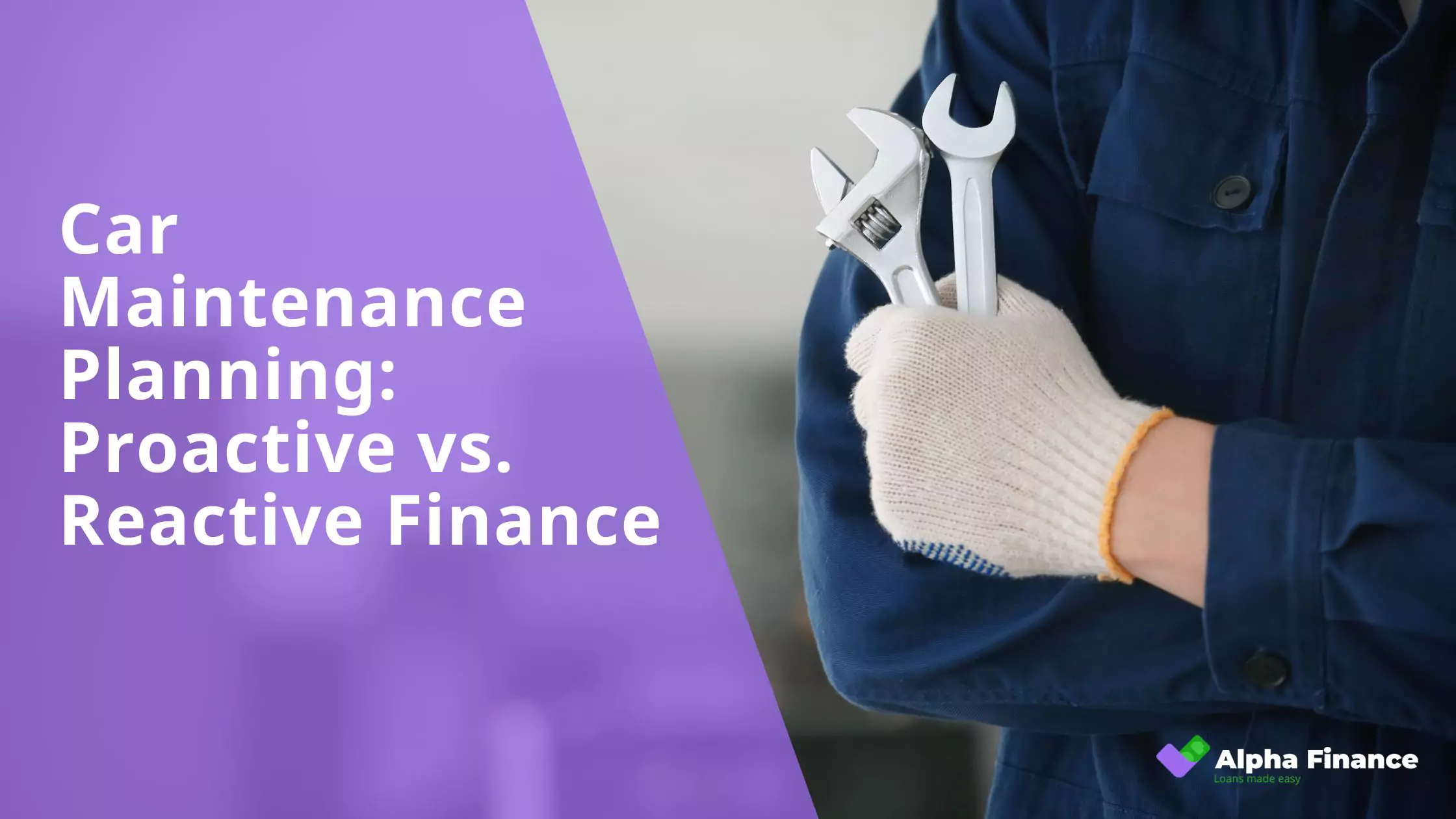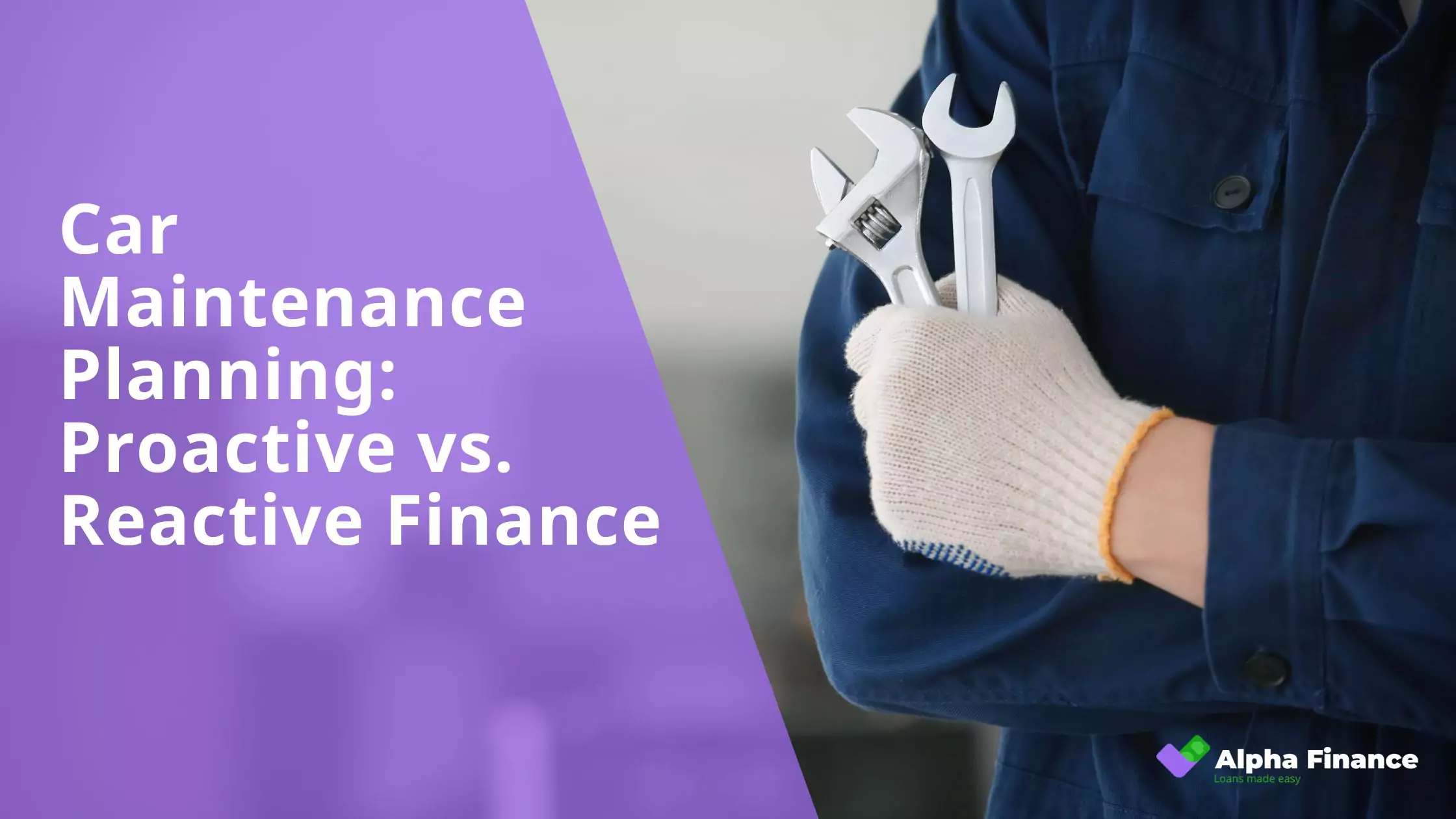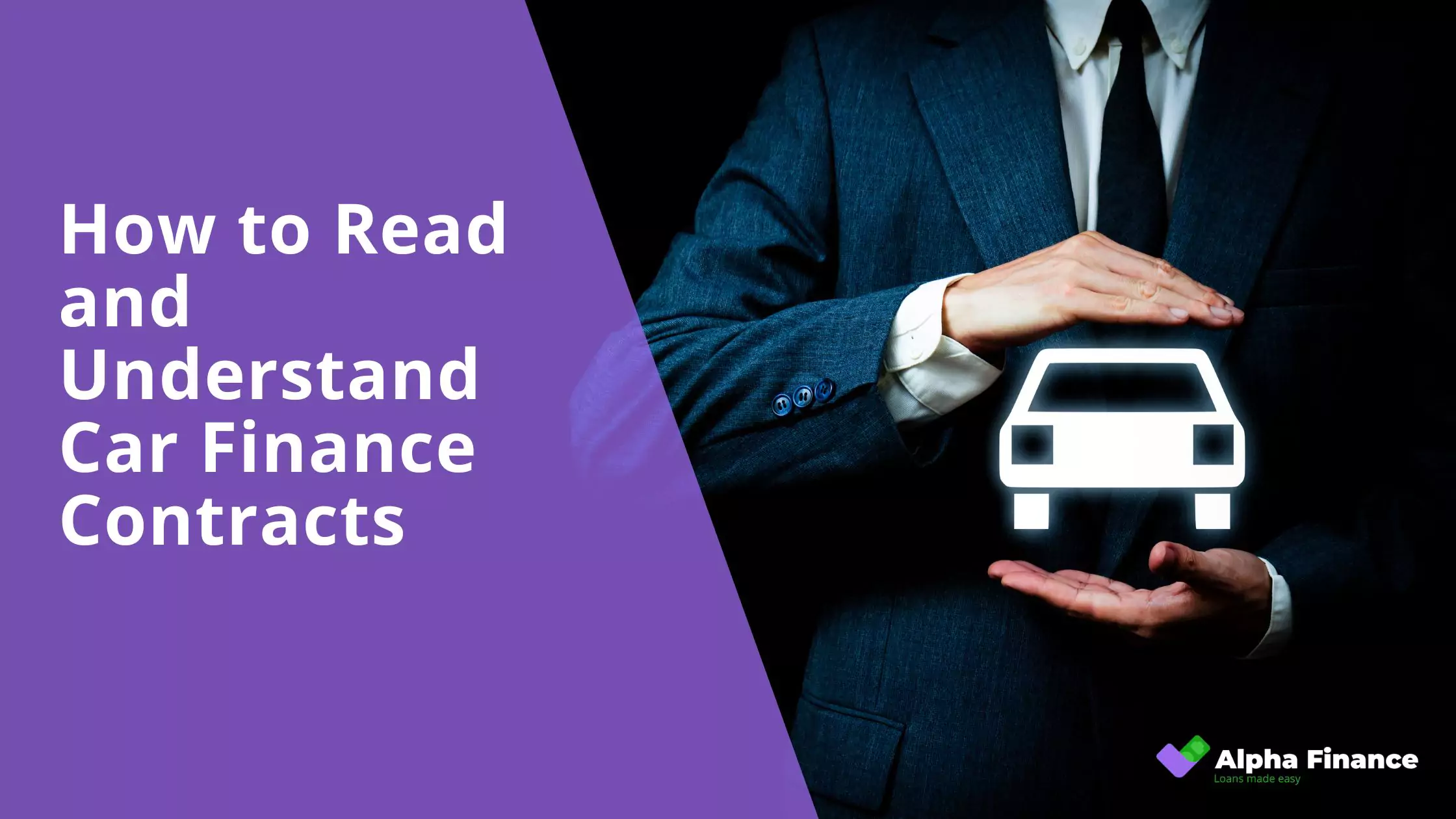The excitement of acquiring a new car often overshadows the intricate details of its financing. While the advertised interest rate understandably takes centre stage, it represents only a fraction of the overall expense associated with a car loan. A multitude of fees and charges, often less prominent but equally impactful, can significantly inflate the total cost of borrowing. Failing to account for these seemingly minor expenses can lead to a budget blow-out and a less favourable financial outcome than initially anticipated.
This guide aims to clearly outline the various fees and charges that borrowers in Australia may encounter when financing a vehicle. Understanding these often-overlooked costs is essential to accurately assess the true financial commitment of your car finance and make informed decisions.
1. Upfront Costs: Fees Payable at the Start of Your Loan
These are the fees you’ll typically encounter when you first take out your car loan, adding to the initial expense of financing your vehicle:
- Establishment Fee (or Application Fee): This is a one-off charge levied by the lender to cover the administrative costs associated with processing your car loan application and setting up your loan account. The amount charged for this fee can vary significantly between different banks, credit unions, and other finance providers. It’s important to note that this fee is usually added to your loan principal, meaning you’ll be paying interest on it over the life of your loan.
- PPSR (Personal Property Securities Register) Fee: The PPSR is a national online register that records security interests in personal property, including cars. When you take out a car loan secured against the vehicle, the lender registers their interest on the PPSR. This fee covers the cost for the lender to make this registration, which protects their investment in the car until the loan is fully repaid. The PPSR fee is typically a relatively small, one-off charge.
- Brokerage Fees (if applicable): If you choose to use a finance broker to assist you in finding and securing a car loan, the broker will likely charge you a brokerage fee for their services. This fee is separate from the fees charged directly by the lender and compensates the broker for their time and expertise in helping you navigate the car finance market. It’s crucial to have a clear understanding of the broker’s fees upfront, including how they are calculated and when they are payable, before you agree to their services.
2. Ongoing Costs: Fees Charged During the Loan Term
These are the fees that you might encounter regularly throughout the duration of your car loan, adding to the continuous expense of borrowing:
- Monthly Account-Keeping Fees (or Service Fees): These are regular fees charged by the lender for the ongoing management and administration of your car loan account. They are typically a fixed dollar amount that is debited from your account each month, in addition to your regular loan repayment. Over the term of your loan, these seemingly small monthly fees can accumulate to a significant sum, thereby increasing the overall cost of your car finance.
- Statement Fees: Some lenders may charge you a fee for providing paper statements of your loan account or for fulfilling requests for additional copies of your loan documentation. It’s worth noting that many lenders now offer convenient and free electronic statements via online banking or email, which can help you avoid these potential charges.
- Late Payment Fees: These fees are incurred when you fail to make your scheduled car loan repayments on or before the due date. Lenders impose these charges to cover the administrative costs associated with managing overdue accounts and as a deterrent against late payments. The amount charged for late payment fees can vary between lenders and can accumulate quickly if you consistently miss your repayment deadlines. Setting up automatic payments or reminders can help you avoid these unnecessary charges.
3. End-of-Loan Costs: Fees Related to Finalising Your Loan
These are the fees that you might encounter when you are nearing the completion of your car loan and are in the process of fully repaying it:
- Early Repayment Fees (or Termination Fees): As mentioned earlier, these fees might apply if you decide to pay off your car loan in full before the end of the agreed-upon loan term, particularly with fixed-rate loan products. Lenders may charge these fees to compensate for the interest income they would have earned over the remaining period of the loan. It’s important to be aware that these fees are less common now in Australia due to regulatory changes aimed at protecting consumers, but they can still exist with certain types of car finance.
- Finalisation Fee (or Discharge Fee): This is a one-off fee charged by the lender to cover the administrative costs associated with officially closing your car loan account once it has been fully repaid. This fee also covers the process of releasing the lender’s security interest in your vehicle, confirming that you are now the sole owner free of any financial encumbrances.
4. The Importance of the Comparison Rate:
Understanding the comparison rate is crucial for Australian borrowers seeking car finance, as it provides a more holistic view of the loan’s cost:
- Reiterating the Definition: The comparison rate is a single percentage figure that combines the advertised interest rate with most of the upfront and ongoing fees and charges related to the car loan. This calculation aims to represent the true annual cost of the loan.
- Emphasizing its Value: The primary value of the comparison rate lies in its ability to allow borrowers to more easily and accurately compare the true cost of different car loan offers. By looking at this single figure, you can get a better sense of which loan will be the most cost-effective over its entire term, taking into account both the interest rate and the associated fees.
- Caution: It’s important to note that the comparison rate is typically calculated based on a standard loan amount (e.g., $30,000) and a standard loan term (e.g., 5 years). Therefore, the actual cost for your specific car loan, with its unique loan amount and term, might vary slightly from the advertised comparison rate. However, it still serves as a valuable benchmark for comparing different loan products.
5. Questions to Ask Your Lender
To gain a truly comprehensive understanding of the costs associated with a car loan and avoid any unwelcome surprises, it’s crucial to engage your potential lenders with detailed questions about their fee structure. Don’t hesitate to ask for clarification and written documentation.
- “What is the establishment fee (or application fee), and what exactly does this cover?” Understand what services or processes this one-off charge encompasses. Is it a flat fee, or is it calculated based on the loan amount?
- “What are the monthly account-keeping fees (or service fees), how much are they, and are there any circumstances where these fees might change over the life of the loan?” Determine the exact amount of these ongoing fees and understand if they are fixed or variable. Over a multi-year loan, even a small monthly fee can add up significantly.
- “Are there any fees for making extra repayments on the loan? If so, how are these calculated (e.g., a percentage of the extra amount, a fixed fee) and are there any limits to how much extra I can pay without incurring fees?” Understand the lender’s policy on early repayments. Some might encourage it, while others might have penalties, especially for large or frequent extra payments.
- “Are there any fees for paying off the loan in full before the agreed term (early repayment or termination fees)? If so, how are these calculated, and are there any circumstances where these fees might be waived?” This is particularly important for fixed-rate loans. Understand the potential cost of becoming debt-free early.
- “What is the finalisation fee (or discharge fee) payable when the loan is fully repaid, and what administrative processes does this fee cover?” Know the cost associated with officially closing your loan account and receiving confirmation that the lender’s security interest has been removed.
- “Are there any other fees or charges that I should be aware of throughout the life of the loan, such as fees for loan variations, transferring ownership, or providing additional documentation?” Think beyond the standard fees and inquire about potential charges for less common scenarios.
- “Can you please provide a full written breakdown of all fees and charges applicable to this specific loan product, including examples of how these fees would apply to my loan amount and term?” Request a comprehensive document outlining all potential costs associated with the loan. This will give you a clear and tangible overview.
6. How to Avoid or Minimize Fees
While some car loan fees are standard, a proactive approach can help you avoid or minimize these costs, saving you money in the long run.
- Shop Around Strategically: Don’t just compare interest rates; meticulously compare the entire cost of the loan, including all associated fees and the comparison rate, from a diverse range of lenders. Consider banks (both major and smaller ones), credit unions (often known for lower fees), online lenders (with potentially streamlined processes and lower overheads), and be aware of dealer finance (which often has higher fees).
- Negotiate Assertively: Don’t be afraid to politely and assertively negotiate the waiving or reduction of certain fees, particularly when dealing with car dealerships offering finance. They might have some leeway, especially if you have a strong credit profile or are financing a more expensive vehicle. Highlight any competing offers you have received with lower fees.
- Choose Wisely Based on Fee Structures: When comparing loan products, actively opt for those with lower or, ideally, no ongoing monthly account-keeping fees. While a loan with slightly higher interest but no ongoing fees might be more cost-effective over the long term than a loan with a lower headline rate but substantial monthly charges.
- Be Punctual with Payments: The easiest way to avoid late payment fees is to be diligent with your repayments. Set up automatic payments linked to your pay schedule or create reliable reminders to ensure you never miss a due date. Even occasional late payments can add up to significant costs over the loan term.
- Consider a Shorter Loan Term Strategically: While a shorter loan term will typically result in higher monthly repayments, it significantly reduces the number of months you’ll be charged any recurring fees, such as monthly account-keeping fees. Weigh the trade-off between higher monthly costs and lower overall fee expenditure.
- Ask About Fee Waivers: Inquire if there are any circumstances under which certain fees might be waived, such as being a long-term customer of the financial institution or meeting specific criteria.
- Read the Fine Print Meticulously: Before signing any loan agreement, take the time to carefully read and understand every clause, paying particular attention to the sections detailing fees and charges. Don’t hesitate to ask the lender to explain anything you don’t fully comprehend.
Conclusion: Empowering Your Borrowing Decisions with Knowledge
Gaining a thorough understanding of the various fees and charges associated with car loans is absolutely crucial for making informed financial decisions. Don’t let the advertised interest rate be your sole focus. Instead, empower yourself by looking beyond the surface and considering the total cost of the loan, encompassing all applicable fees, both upfront and ongoing. Remember that asking detailed questions and carefully reviewing the loan agreement before committing are your best defenses against unexpected expenses. By taking a proactive and informed approach, you can navigate the car finance landscape with confidence and secure a loan that truly suits your financial needs.
Get the Best Deal on Your Australian Car Loan
Ready to finance your next vehicle with a clear understanding of all the costs involved? Alpha Finance is committed to providing transparent and competitive car loan solutions across Australia. We encourage you to ask us the important questions about fees and charges, and we’ll provide you with a clear breakdown to help you assess the true cost of borrowing. Let us guide you through the process and help you secure a car loan with competitive rates and transparent terms. Explore your car finance options and get the best deal for your needs at Alpha Finance.




